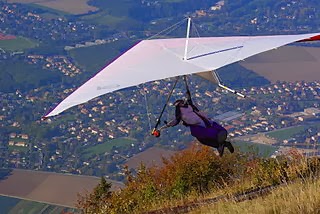I have another colleague, a master teacher who shared with his intern last year on the eve of the intern's first solo lesson, "the worst thing that will happen will be that its a failure." Just the lesson will fail, the next day you get to try again. This experienced teacher has lived a career built on experimentation in how students learn best. He is still experimenting -- his students think he is excellent.
 Just last week I watched a group of our primary circle students play at the water table, a number of tube and funnel attachments were tried and failed to get the desired result. Finally, the kids figured out the combination that gave them the right sort of bubbles in the right color. Eureka! And then they started all over getting it wrong lots of times until they got the new result they wanted. Young children don't need permission to experiment, they are hardwired for it.
Just last week I watched a group of our primary circle students play at the water table, a number of tube and funnel attachments were tried and failed to get the desired result. Finally, the kids figured out the combination that gave them the right sort of bubbles in the right color. Eureka! And then they started all over getting it wrong lots of times until they got the new result they wanted. Young children don't need permission to experiment, they are hardwired for it.I see part of my role as creating the climate and support for teachers to experiment, to take risks with their pedagogy, their content, their approaches to teaching. Becoming a master teacher is an ongoing, career spanning adventure. Personally, I have come to believe the minute we are no longer wanting to venture something new we need to retire. Learning to enjoy the energy that comes from not being one hundred percent sure or the absolute expert in the room reinforces for us and our students that we are partners in a learning community.
Creating that climate means providing resources for learning, time to be creative, and permission to try without always waiting for perfection or certainty or even an ok from an administrator. Peer coaches and mentors need to see their role as one of fostering courage. Our professional growth cycle and evaluation systems must reward risk and question stasis. We need to be involved in a process of ongoing revelation--always with our students as the focus of what we do.

No comments:
Post a Comment